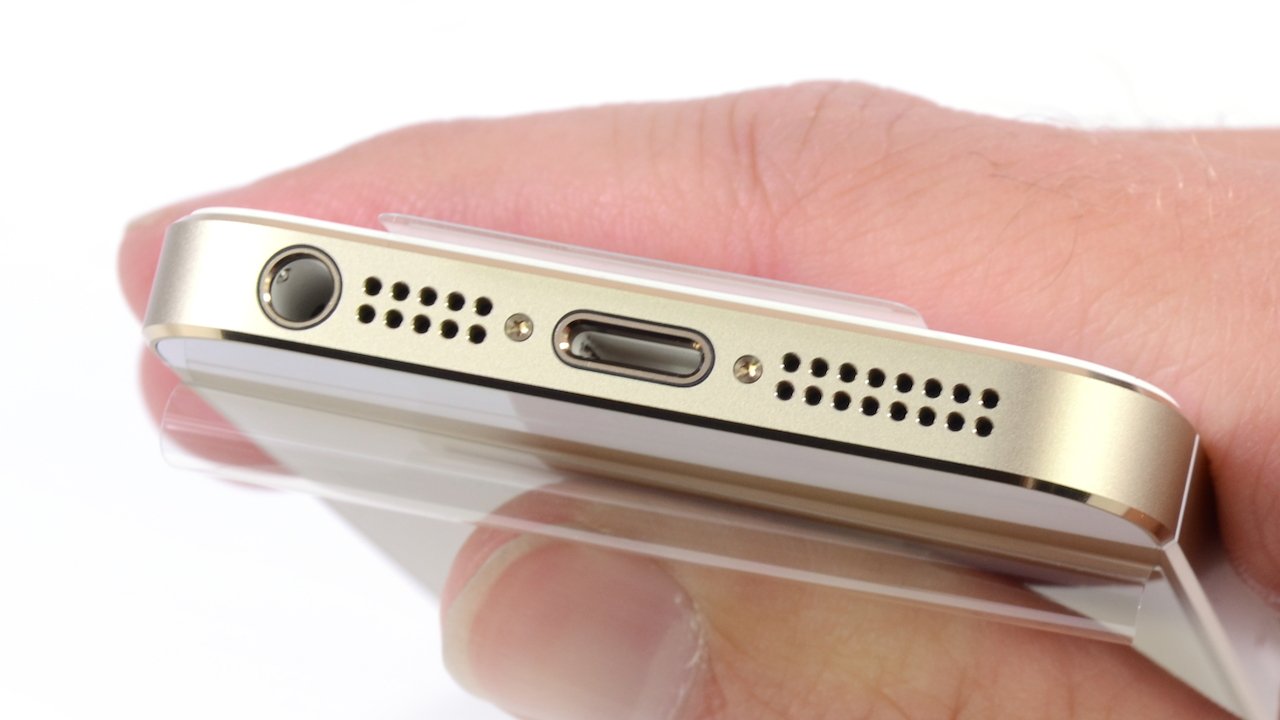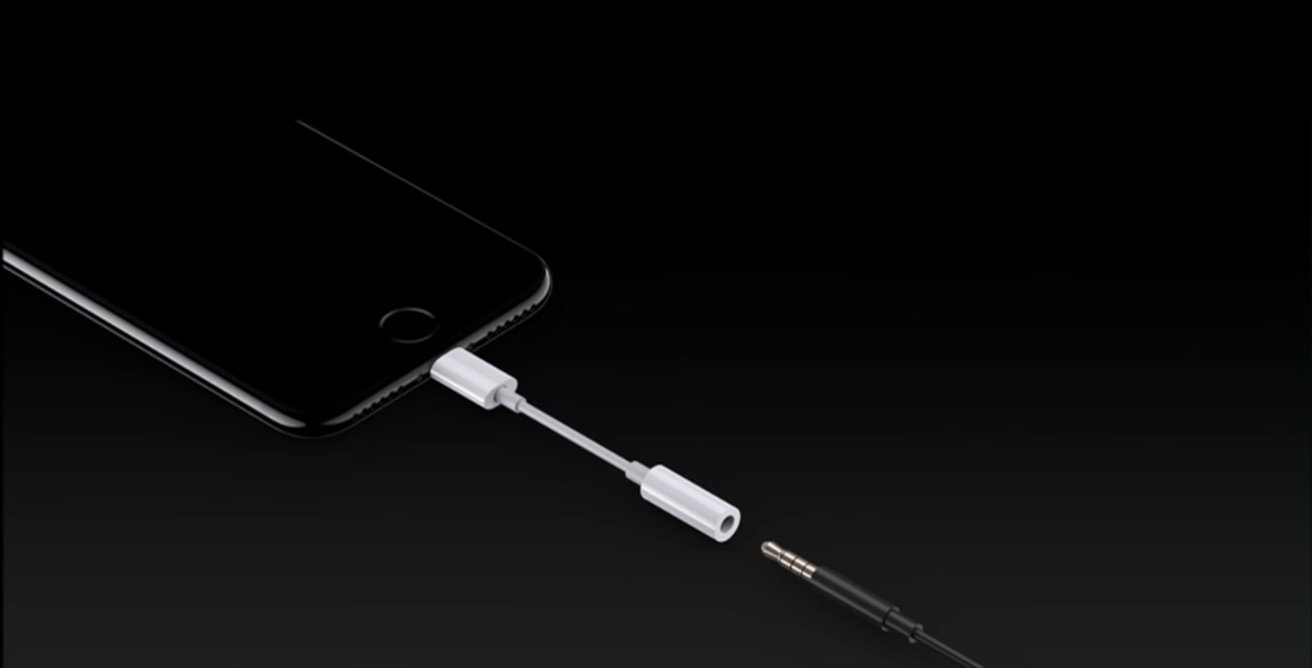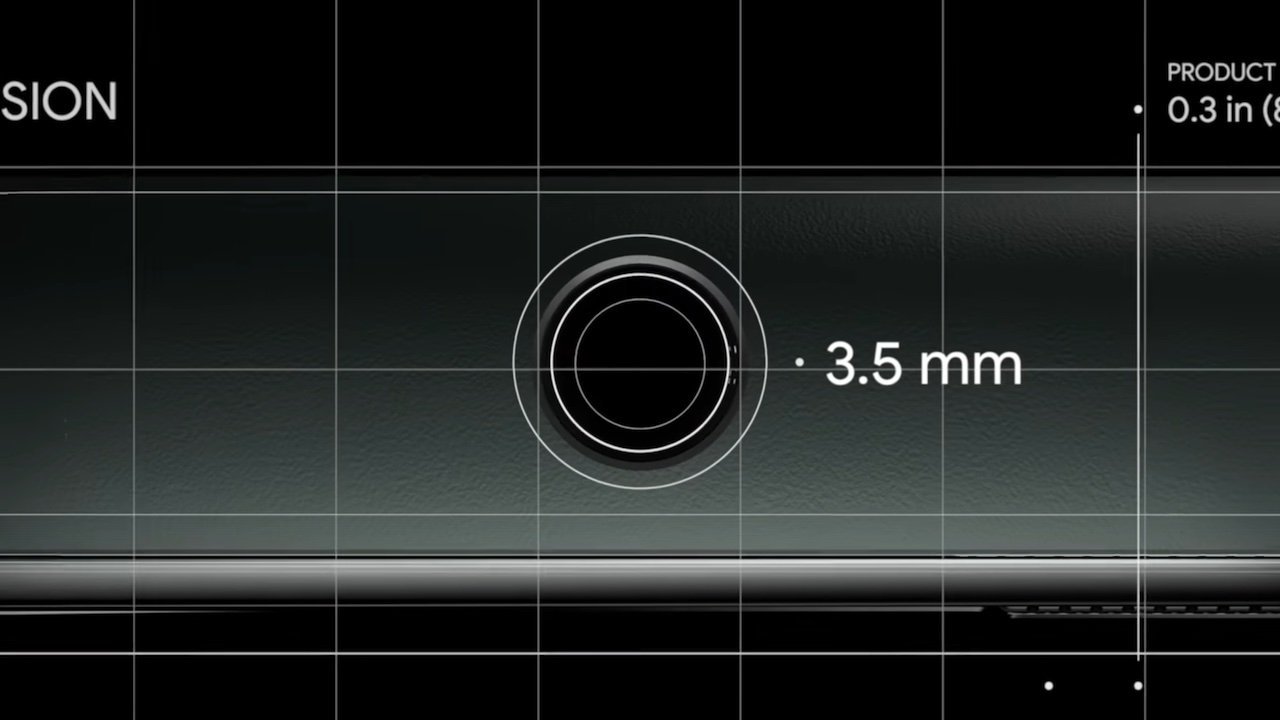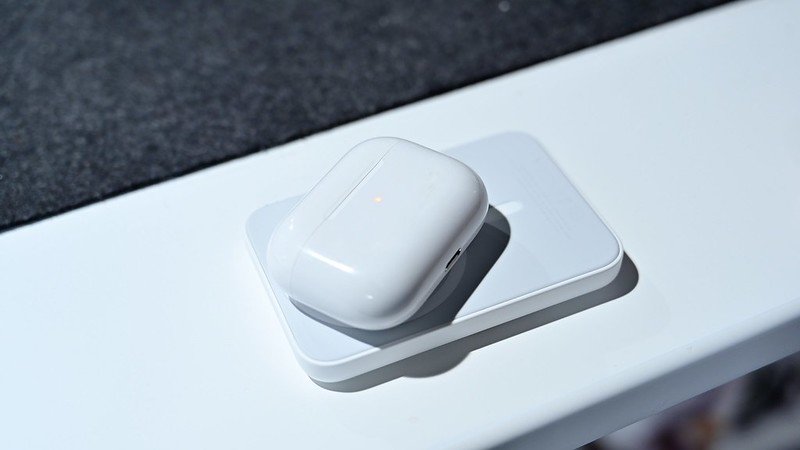Seven years later, it's more clear than ever that the days of the headphone jack on mobile devices are numbered. Here's how Apple was the vanguard for the death of the port — and what might be next for the connector.
Since the iPhone 7, Apple has been slowly removing the headphone jack from its main consumer products. Although initially criticized, a number of other companies have since followed suit.
There are still a few products in the lineup that retain a headphone jack, but recent rumors suggest that the number of Apple-designed devices with a 3.5mm port will soon dwindle again.
Apple's removal of the headphone jack
The 3.5mm headphone jack can trace its roots back to 19th century switchboard operators. Over a century after its humble, low-tech beginnings, Apple killed it on its primary money-maker: the iPhone.
Apple killed the headphone jack on the iPhone in 2016 when it launched the iPhone 7. As is the case with most tech that Apple kills off, the move was initially criticized and mocked by consumers, industry watchers, and other companies.
Since the iPhone 7, subsequent models have also lacked a 3.5mm headphone jack. Initially, Apple shipped adapters in the box so that users could still plug wired headphones or other accessories into their devices. It soon stopped doing that.
Apple nixed the headphone jack on its other products starting in 2018. The redesigned iPad Pro of that year was the first Apple tablet to lack a headphone jack. Now, the only iPad with a 3.5mm port is the entry-level model.
According to recent reports, that could soon change. Current rumors suggest that Apple's upcoming 10-generation iPad will finally lose the aging jack, leaving users to rely on alternative ways of listening to content on their devices (or to simply use an adapter).
Third-party manufacturers
Apple's competitors wasted no time mocking the company for removing the headphone jack, even running ads poking fun at the decision. Eventually, however, most other major Apple rivals ended up copying the company's move.
Samsung is a frequent Apple-mocker, and published multiple ads criticizing the removal of the headphone jack on the iPhone. However, Samsung eventually followed suit and — starting with the Galaxy S20 — killed the 3.5mm jack on its own flagship devices.
More than that, Samsung tried to rewrite history by sneakily removing the ads mocking Apple's design choice.
Google has similarly poked fun at the headphone jack's removal on the iPhone. A parody of Jony Ive's design videos touted that the Google Pixel 5a still had a headphone jack.
However, a year after releasing the Google Pixel 5a — and the Apple-mocking video — Google eventually fell in line and removed the headphone jack from its Google Pixel 6a.
It's a similar story across the Android landscape. While not all companies openly ridiculed Apple for removing the headphone jack, the majority of major smartphone brands have since followed suit.
An argument for why
At the time, Apple justified the removal of the headphone jack by saying that Lightning was an overall better standard for audio. It added that removing the single-use port also freed up internal space for larger or additional components.
The more cynical among tech industry watchers likely think that Apple's removal of the headphone jack was about money. After all, at the time the device was released, Apple's Beats by Dre brand accounted for nearly half of Bluetooth headphone sales.
It may be easy to forget that Apple didn't sneakily kill off the headphone jack to sell wireless headphones — it did so openly. During its September 2016 keynote, Apple's announcement of the headphone jack's removal was immediately preceded by the debut of AirPods.
Looks back on the runaway success of AirPods and other true wireless competitors, it's hard to argue that Apple was wrong here.
Beyond ushering in the wireless future, however, Apple also pushed the smartphone market as a whole forward. Many of the advancements seen in today's smartphone technology likely owe at least part of their existence to the removal of an aging standard.
Apple's alternatives
In the vast majority of cases, there are going to be better options for listening to audio than a pair of wired headphones.
True wireless devices like AirPods are convenient, easy, and won't get tangled up in your pocket like standard headphones. Even if AirPods are too expensive for some, there are plenty of Bluetooth options on the market at a much more affordable price point.
On the iPad, any argument for keeping the headphone jack goes out the window when you consider how most people use the tablet. This isn't a machine used for workflows that require wired headphones. On the Mac — which is actually used for professional audio and visual work — there's still a headphone jack.
More than that, users with workflows that actually do require the use of no-latency wired studio monitors on an iPhone or iPad can resolve that problem with a $9 accessory.
There are obviously arguments for keeping a 3.5mm headphone jack, such as the fact that it's a simple and cheap solution for companies and consumers to implement. For audio or video workflows, a 3.5mm headphone jack with high-impedance headphones also offers low latency and clearer audio.
However, those positives don't outweigh the upside of ditching the jack for Apple — and most consumers. Looking at the industry, it's clear that most other companies feel the same way Apple does — they just took longer to warm up to the idea.
 Mike Peterson
Mike Peterson










-m.jpg)






 Marko Zivkovic
Marko Zivkovic
 Christine McKee
Christine McKee
 Andrew Orr
Andrew Orr
 Andrew O'Hara
Andrew O'Hara
 William Gallagher
William Gallagher

 Mike Wuerthele
Mike Wuerthele
 Bon Adamson
Bon Adamson




-m.jpg)



65 Comments
There are pros and cons to having a headphone jack.
It isn't about 'courage' though. That has nothing to do with anything.
Right now (2022) I'd still Rather have one than not have one.
I was leery at first. But then a loss a couple of wired 'phones and haven't looked back once I got use to wireless cans & buds.
The headphone jack is installed on all of the new Apple laptops as well as the Mac Studio.
As a shareholder, I guess I should be glad they got rid of the headphone jack, but it sure was annoying last week when I got on the subway and realized that I didn’t have my dongle with me, so I was carrying the earbuds around all day and unable to use them except as earplugs. Apart from a way to push people towards a more costly solution, I haven’t heard any reasonable justification—if they can make a waterproof Lightning jack, they can do the same with stereo mini, and even the “saves space” argument seems a little weak given that the slimmest and most compact iPhone had a jack, and they have only been getting bulkier since the jack was removed. And I know there are people who will say they are glad about the omission, but honestly, just the fact that people are still discussing and arguing about it shows that it’s contentious. I doubt we’ll still be discussing the merits of, say, the Touch Bar seven years down the road, even though it has its fans too.
Part of the issue is BT. I remember crappy, unreliable, prone to dropping BT connections that if they didn’t just refuse to connect in the first place, from back in the day. Now it’s very reliable, and quickly reconnects if the speaker, keyboard, headphone, mouse, or whatever loses power. I was one that questioned removing the jack back then. But now, with modern accessories, it’s really not a problem. Plus not having to deal with tangled cords getting caught in everything is a real boon.
Typing this on a Brydge BT Keyboard / Trackpad that has worked flawlessly from day one.